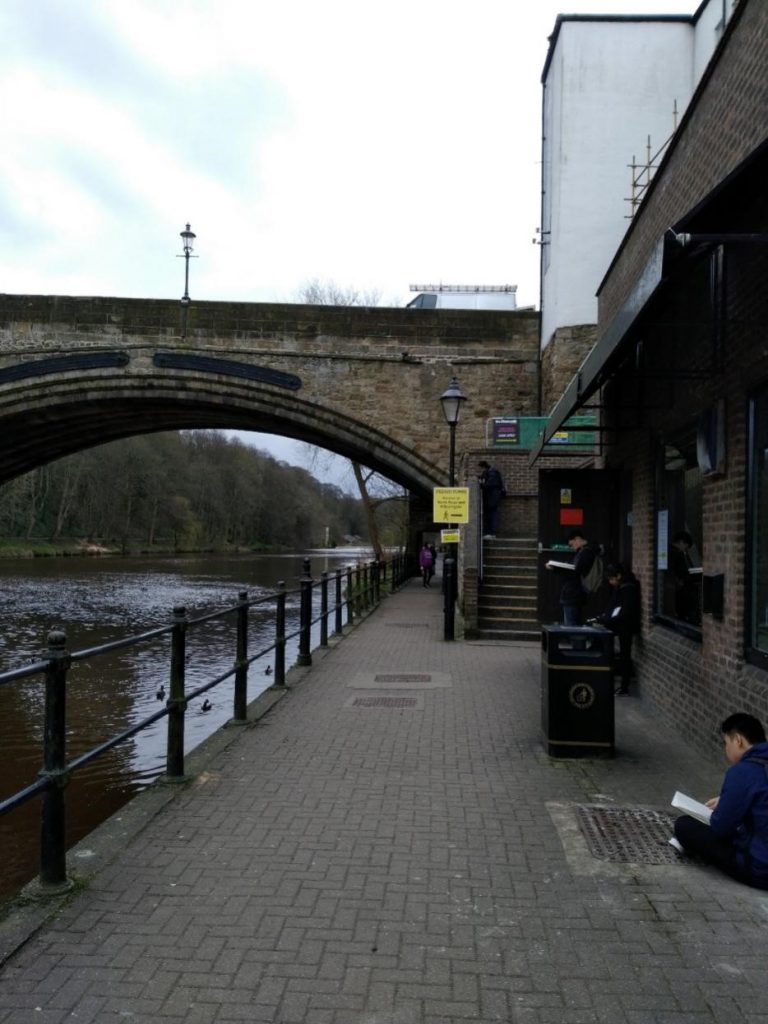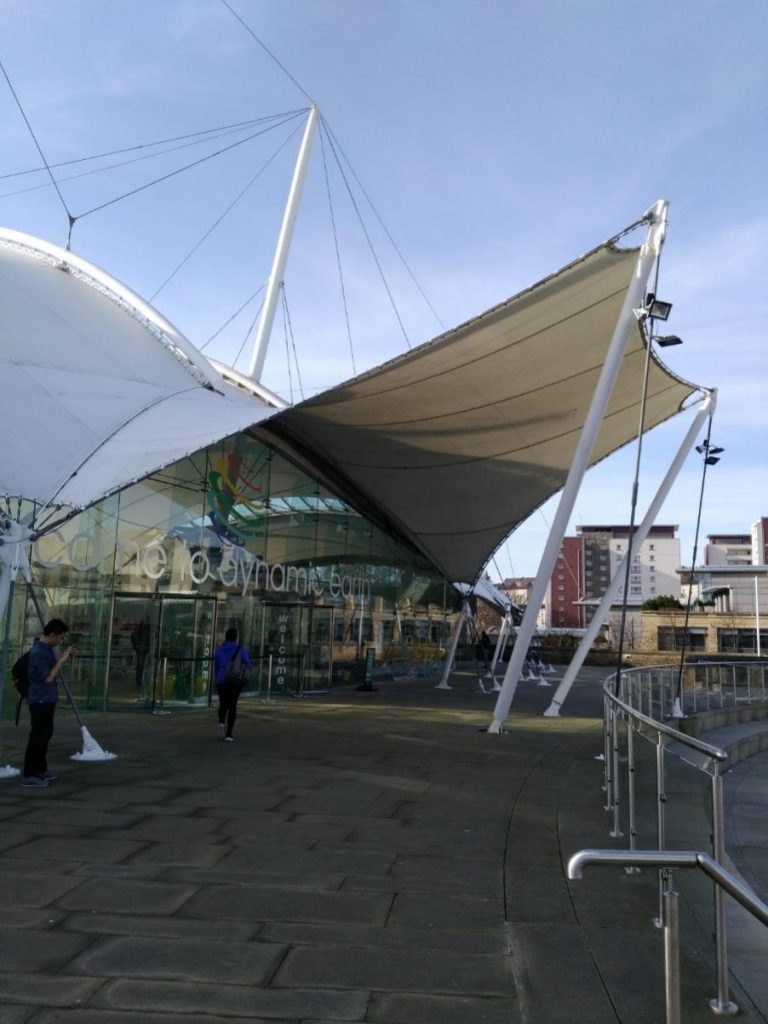Tshepo Tshambane, a MSc in Geotechical Engineering student, writes about her experience so far as a postgraduate student and what its like living in the city of Newcastle
From starting in a big city (Sheffield) to relocating to a small town in the corner of the country (Penryn), living in Newcastle has been the ‘pièce de résistance’ of my time in the UK; from the people I’ve met to the things I have done-and all within the few months that I’ve been here so far. I can only describe it as one of kind.
To begin with I have never been in an institution that values the input and varying opinions of its students; there are multiple student held positions across the board such as course reps who sit on Staff Student Committees as well as Board of Studies meetings which go towards influencing how the courses are run and the general betterment of the student body and go so far as having school reps sitting on Graduate School Committees-so there is never a shortage of student representation within Newcastle University.
The same sentiment is carried through to the smallest corners of the university, the cultural representation in my course cohort alone is something special. I have since met so many people who originate from all parts of the world; Spain, India, Jamaica… including those born and raised in Northumberland county. The mixture of students and the ongoing journey to get to know them all has been an experience on its own and from a fellow international student, the spirit of inclusion and comradery has never left since the first group activity we had of exploring this new city with a group of people I had never met before during our intro week. The continued effort from each postgraduate student to be helpful and approachable has been more than what I expected which lets me enjoy group activities more-yes even GROUPWORK isn’t so bad… and of course the group’s social outings aren’t so bad either as a reward to ourselves after each hard worked submission!
Who can mention Newcastle without touching on the social life of the city?? Granted, being a postgraduate has not awarded me with as much leisure time as my undergraduate years but there is still a plethora of happenings to take advantage of around any schedule. For the social night bugs, there are a string of clubs and pubs that welcome the student status with discounted entries and drinks on almost every night, great places to eat and at least four cinemas around for the movie buffs like me! Daytime activities aren’t on the shortlist either, there is plenty to do and see in Newcastle; I can proudly boast that I have walked under or across all six bridges that cross the Tyne including the famous Millennium bridge! I am yet to stand at the feet of the Angel of North but that and much more can be achieved through the university’s “Give-It-A-Go” initiative!
Ranked amongst the top 10 universities on the Time’s Higher Education Student survey, studying here at Newcastle University is building to be a bittersweet experience between wishing I could have started my educational journey here from undergraduate and being grateful that Newcastle University is where I get to complete it all! 🙂








